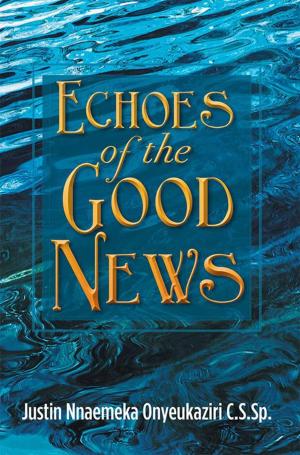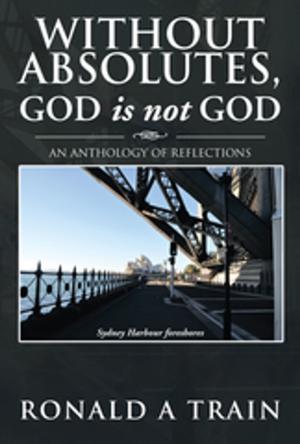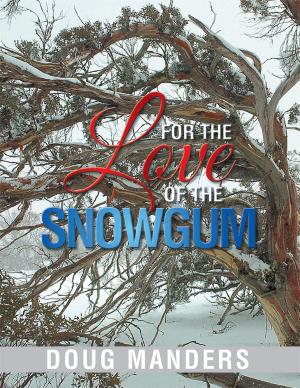Christians Too, Must Obey
Putting a Fence Around Torah
Nonfiction, Religion & Spirituality, Inspiration & Meditation, Inspirational, Spirituality| Author: | Wayne Talbot | ISBN: | 9781543405651 |
| Publisher: | Xlibris AU | Publication: | January 5, 2018 |
| Imprint: | Xlibris AU | Language: | English |
| Author: | Wayne Talbot |
| ISBN: | 9781543405651 |
| Publisher: | Xlibris AU |
| Publication: | January 5, 2018 |
| Imprint: | Xlibris AU |
| Language: | English |
Cursed is the one who will not uphold the words of this Torah, to perform them; and the entire people shall say, Amen (Deut. 27:26 TJB). King David wrote of Torah: The law of the Lord is perfect, converting my soul . . . the statutes of the Lord are right, rejoicing the heart; the commandment of the Lord is pure, enlightening the eyes (Ps. 19:78). He also wrote, I will delight myself in Your statutes, I will not forget Your word. . . . Make me walk in the path of Your commandments, for I delight in it . . . I will delight myself in Your commandments, which I love. . . . Your statutes have been my songs, in the house of my pilgrimage. . . . The earth, O Lord, is full of Your mercy, teach me Your statutes (Ps. 119) Centuries later, Martin Luther wrote: The law, when it is in its true sense, doth nothing else but reveal sin, engender wrath, accuse and terrify men, so that it bringeth them to the very brink of desperation. This is the proper use of the law, and here it hath an end, and it ought to go no further. Who was right? Was the Torah a gracious gift of a loving God, providing guidance for all generations and for all time, or was its giving a malicious act of God against the children of Israel? Did Jesus fulfill the law in such a way as to be not applicable to his followers even though his early followers, the apostles, and disciples did not believe so, continuing to be Torah observant and practicing Judaism in a Messianic context? When the Church of Rome condemned the Nazarenes as heretics, were they not also proclaiming the Jewish followers of Jesus as heretics, including the twelve apostles? This study attempts to answer those questions.
Cursed is the one who will not uphold the words of this Torah, to perform them; and the entire people shall say, Amen (Deut. 27:26 TJB). King David wrote of Torah: The law of the Lord is perfect, converting my soul . . . the statutes of the Lord are right, rejoicing the heart; the commandment of the Lord is pure, enlightening the eyes (Ps. 19:78). He also wrote, I will delight myself in Your statutes, I will not forget Your word. . . . Make me walk in the path of Your commandments, for I delight in it . . . I will delight myself in Your commandments, which I love. . . . Your statutes have been my songs, in the house of my pilgrimage. . . . The earth, O Lord, is full of Your mercy, teach me Your statutes (Ps. 119) Centuries later, Martin Luther wrote: The law, when it is in its true sense, doth nothing else but reveal sin, engender wrath, accuse and terrify men, so that it bringeth them to the very brink of desperation. This is the proper use of the law, and here it hath an end, and it ought to go no further. Who was right? Was the Torah a gracious gift of a loving God, providing guidance for all generations and for all time, or was its giving a malicious act of God against the children of Israel? Did Jesus fulfill the law in such a way as to be not applicable to his followers even though his early followers, the apostles, and disciples did not believe so, continuing to be Torah observant and practicing Judaism in a Messianic context? When the Church of Rome condemned the Nazarenes as heretics, were they not also proclaiming the Jewish followers of Jesus as heretics, including the twelve apostles? This study attempts to answer those questions.















